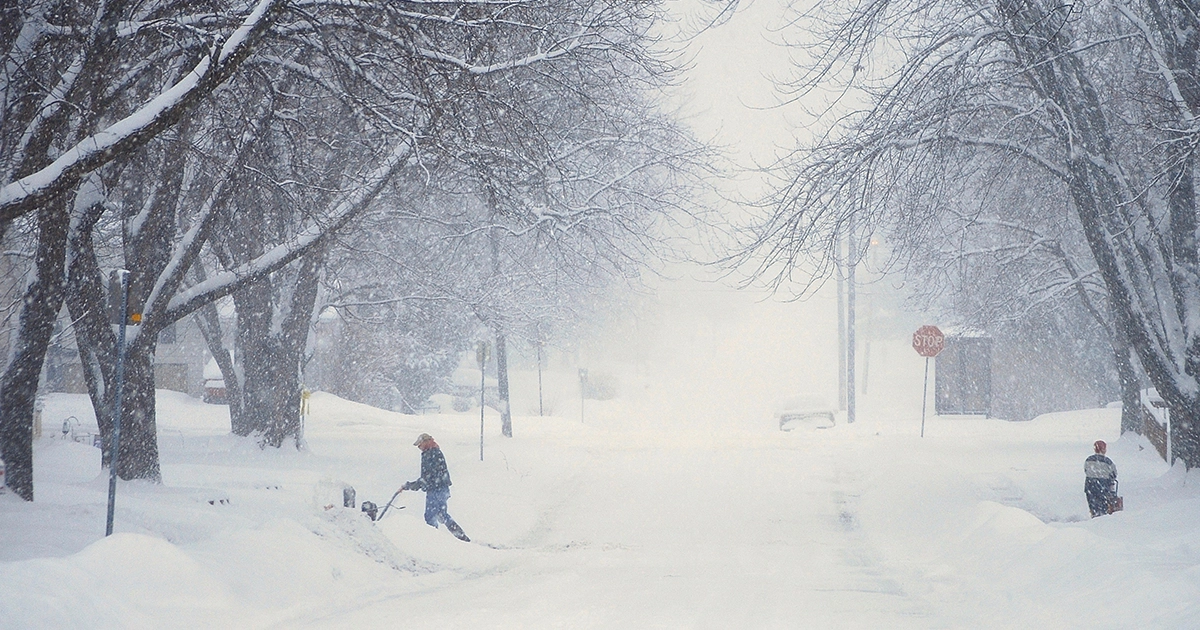Snowmelt Pollution: How to Minimize the Impact This Winter
2 minute read
Winter is here. For many, that means slippery roads, icy roofs, and frozen driveways or sidewalks. Most areas use rock salt (sodium chloride) to clear the ice and snow. While effective, it also has the potential to release harmful levels of chloride into the environment, which can pollute nearby bodies of water. Additionally, snowmelt pollution can carry many types of contaminants through water runoff.
Snowmelt Pollution Contaminants:
- Oil, grease, and toxic motor vehicle chemicals
- Pesticides and nutrients from lawns and gardens
- Viruses, bacteria, and nutrients from pet waste and/or failing septic systems
- Road salts
- Heavy metals from roof shingles, motor vehicles, and other sources
- Thermal pollution from dark, impervious surfaces like streets and rooftops
These pollutants harm fish and wildlife populations, kill native vegetation, spoil drinking water supplies, and make recreational areas unsafe for the people who use them.
Thankfully, local governments are mandated by the Clean Water Act to deal with runoff pollution by developing a “stormwater best management practices system”.
In addition to those larger efforts, here are some key ways you can help out:
How To Prevent Snow Melt Pollution
- Minimize impervious surfaces around your home. Porous pavement materials such as bricks, gravel, cobbles, natural stone, or permeable pavers are available for driveways and sidewalks. This allows water to filter through the ground rather than flow unimpeded into bodies of water.
- Plant native vegetation and use mulch to replace high maintenance grass lawns. Check out http://www.wildflower.org/plants or http://plants.usda.gov/java for native plant listings in your area.
- Keep driveways, sidewalks, and roads clean by sweeping, as opposed to hosing them off. Start a compost pile for yard waste.
- If necessary, homeowners should use fertilizers sparingly and learn to use Integrated Pest Management(IPM) to lessen the use of harmful pesticides.
- Pick up after your pets. Bagging up pet waste and disposing of it in the trash helps prevent the spread of harmful bacteria.
- Keep your septic system well-maintained. To prevent leaks and practice water conservation measures, a professional should inspect and pump your septic system every 3-5 years.
- Check your vehicle for any leaks and be sure to promptly clean up any spills. You can also recycle your motor oil and antifreeze if you change these fluids yourself. Automotive repair shops will accept 5 gallons of used motor oil per resident per day.
- Don’t over-apply salt. Minimize the amount of ice-melt you use and choose an environmentally-friendly alternative when possible, such as, organic salt-free deicer, alfalfa meal, or even coffee grinds.
